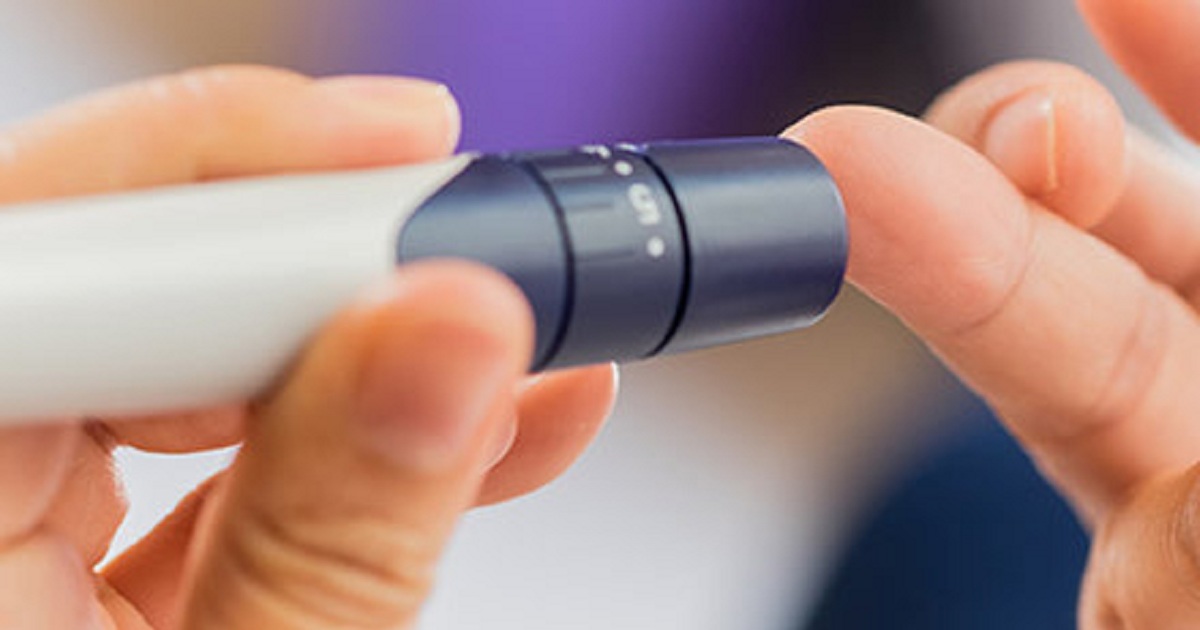Tanner Pharma Group signs distribution agreement with MannKind Corporation
Medical News | August 29, 2019

Tanner Pharma Group (“Tanner”), a global provider of integrated specialty access solutions, has announced the signing of a distribution agreement with MannKind Corporation, a biopharmaceutical company focused on inhaled therapeutic products for patients with diseases such as diabetes and pulmonary arterial hypertension. The agreement names Tanner as a distributor of human insulin inhalation powder produced by Tanner Pharma in areas outside of the United States where the product is not yet registered. The ex-U.S. distribution will be managed by TannerGAP, Inc. (“TannerGAP”), a wholly owned subsidiary of Tanner Pharma Group. TannerGAP offers turnkey global access solutions for the distribution of products from markets of supply to markets of demand. The team fields international inquiries and works with physicians, hospitals and ministries of health in underserved areas to provide medicine that is not currently available in their country.